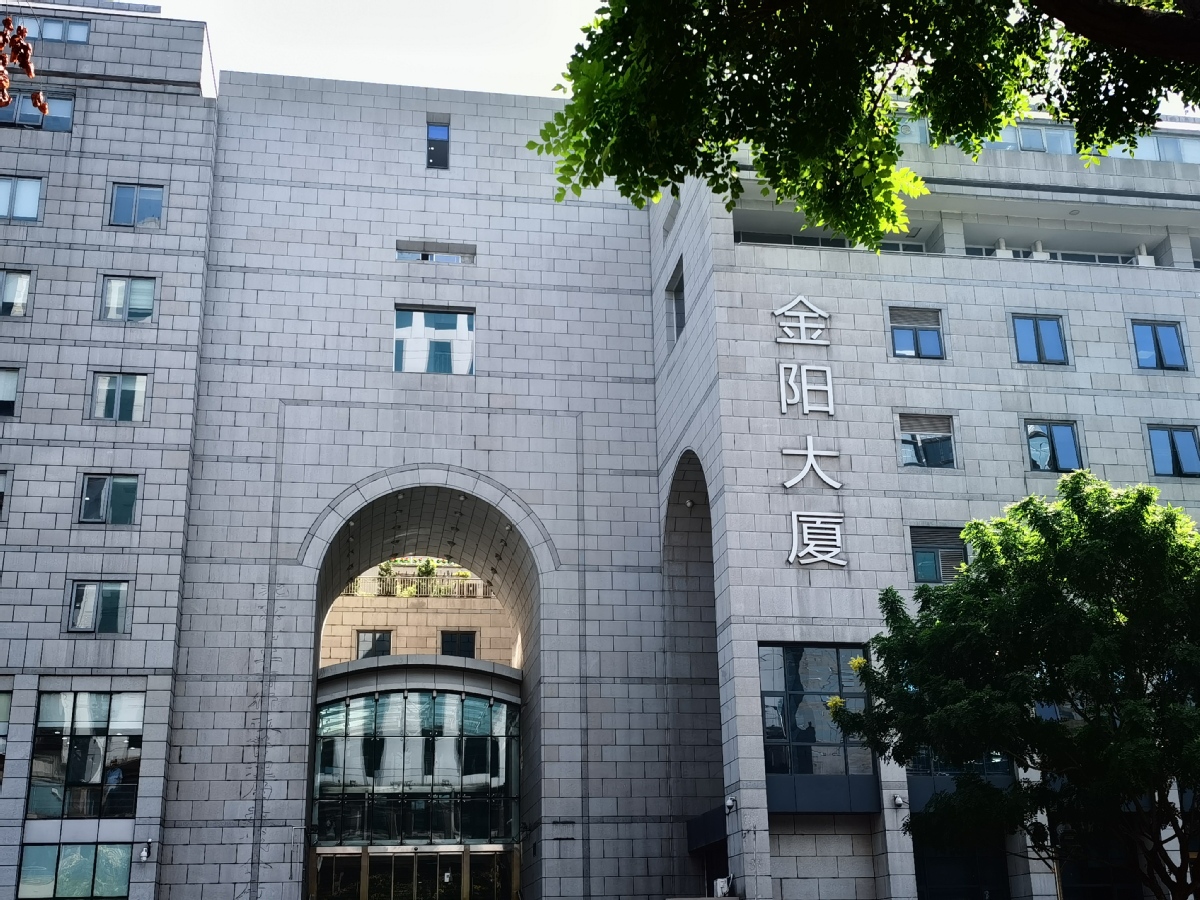
The Beijing Stock Exchange, located on Financial Street in the Xicheng district of Beijing. [Photo/IC]
Substantial progress has been made at the highly anticipated Beijing Stock Exchange, which is planned as a new cradle for technologically advanced small and medium-sized enterprises, as it completed its second technical test on Saturday.
Ninety-eight securities firms, 10 information providers and eight fund companies participated in the test run, which mainly dealt with investor suitability, scope of authority, performance disclosure and trading channels. The exchange's first technical test took place on Sept 25.
Based on the experiences of the STAR Market in Shanghai and ChiNext in Shenzhen, the second technical test signals that the Beijing Stock Exchange is making the final preparations ahead of its official launch, said Zhou Yunnan, founder of Beijing Nanshan Jingshi Investment.
The exchange released three sets of draft rules on Sept 5 concerning listing, trading and exchange management members.
Li Yongchun, deputy general manager of the exchange, said at the Zhongguancun Forum in Beijing on Sept 25 that the bourse is ready to release other supporting rules and is making all necessary preparations to start trading.
Xiao Chu'nan, executive director and sponsor representative of China Renaissance Securities' investment banking department, said that while the tests helped address any technical problems with the launch of trading, a release of detailed rules regarding issues such as IPO reviews and continuous supervision is required before the exchange opens for business.
The exchange will have a final, comprehensive test of its operations with major market players before it officially begins operations.
Liu Ping'an, chairman of Beijing-based private fund manager GGR Capital, said the exchange is likely to start trading officially at the end of this month.
President Xi Jinping, while addressing the Global Trade in Services Summit of the 2021 China International Fair for Trade in Services via video link on Sept 2, announced that the nation would set up a stock exchange in Beijing and build it into a major base for serving innovative SMEs.
The exchange will initially be built upon the NEEQ Select, the highest tier of the National Equities Exchange and Quotations system launched eight years ago. Qualified companies trading on the NEEQ Innovation, the NEEQ's second-highest tier, can apply to be listed on the Beijing exchange as long as they remain listed on the NEEQ Innovation for 12 consecutive months.
Since early September, the daily trading volume on the NEEQ Select has increased by 2.7 times and the price of stocks on this tier has increased by an average of 35 percent, Li, deputy general manager of the Beijing exchange, said at the Zhongguancun Forum.
At least nine companies currently listed on the NEEQ Innovation have applied for listing on the NEEQ Select since the central government announced plans to establish the Beijing Stock Exchange.
Individual investors holding at least 500,000 yuan ($77,550) in assets in their personal securities account will be allowed to trade on the exchange, it announced on Sept 17. The threshold has been reduced from the 1 million yuan entry level applicable for the NEEQ Select.
Zhu Haibin, chief NEEQ analyst at Essence Securities, said there will be up to 7.89 million individual investors trading on the new stock exchange. As investment demand is expected to remain strong, the liquidity and pricing power of the exchange will therefore be elevated, he said.
Analysts from CITIC Securities wrote in a note that they hold a positive outlook on the companies to be traded on the new exchange, but it should be noted that most of these companies are smaller in scale and may be more vulnerable to external impacts.



